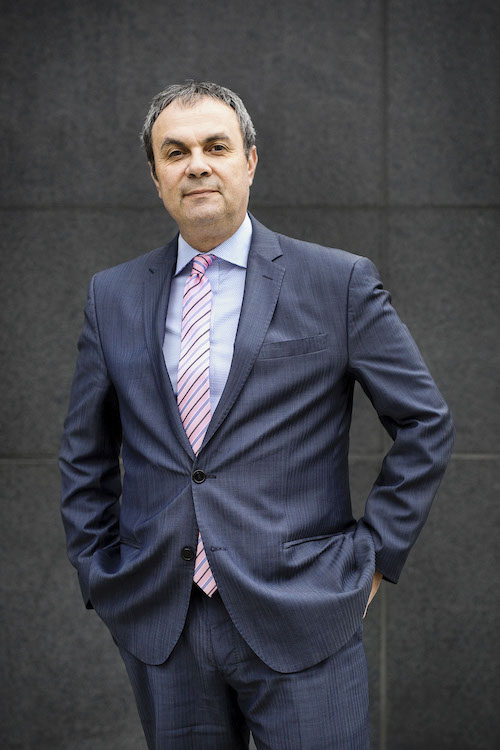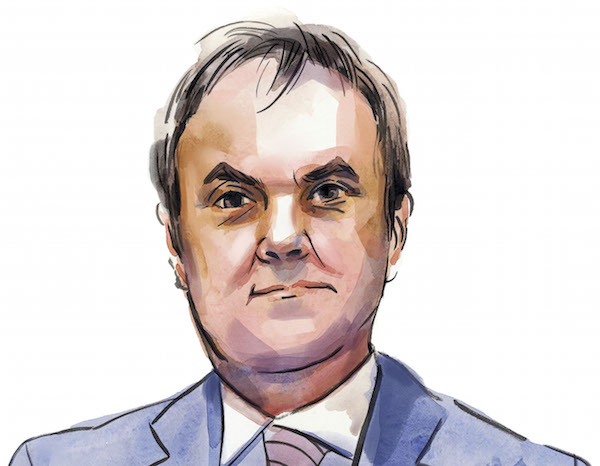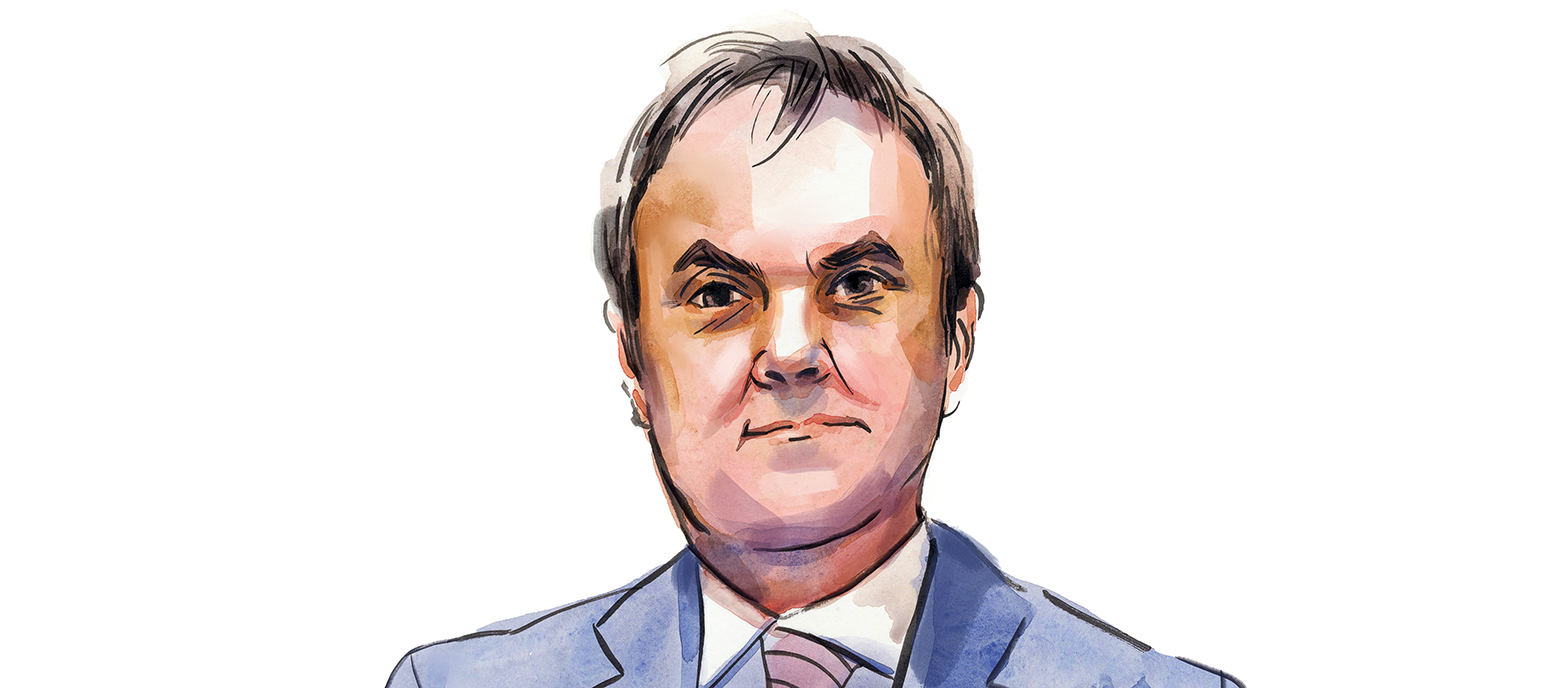To criminal lawyer Boris Bytensky, the early days of the pandemic unfolded in the correctional system like a giant round of whacka-mole. “We were trying to smash down one problem, and then something else would pop right up,” says the partner at Bytensky Shikhman Barristers. There were concerns that prisons across Ontario were critically short of hygiene supplies; but, hold on, staff urgently needed personal protective equipment; no, wait, incarcerated people had to be distanced from each other right away. “There was no playbook for this,” he says.
Every actor in the justice system recognized that depopulating prisons would be essential for containing the spread of COVID-19. “These institutions are ripe for outbreaks,” says Bytensky, “which affect not only the individuals in custody, but the correctional officers who work there, our hospitals and our communities.” So he and the Criminal Lawyers’ Association, where he is also the treasurer, assembled a battalion of more than 120 lawyers, who descended upon every courthouse in the province to conduct emergency bail hearings (among other duties). As these hearings ran at a rapid clip for about two weeks in March, none of the defence lawyers had any expectation of being paid. At a later date, though, Legal Aid Ontario was able to compensate them for most of their time during the first week of the hearings. “We’re grateful that they stepped up and paid us,” says Bytensky. “They didn’t have to.”

“There was no playbook for this,” says Boris Bytensky.
For a sizable chunk of his 27-year legal career, Bytensky has worked to reform what has historically been a lengthy, antiquated and inefficient bail system. “Inertia is an absolutely horrible aspect of the criminal-justice system,” he says. “We do things today for the simple reason that they were done that way yesterday. We impose all sorts of conditions on bail and we don’t need to.”
The pandemic brought with it a sudden need for change. Working alongside key stakeholders in the criminal-justice system — including the government, chief justices, the Crown and police — Bytensky helped develop new protocols to ensure, among other things, that anyone under arrest (with few exceptions) would have a bail hearing within 24 hours; that technology in jails would be improved to allow for audio or video hearings; and that electronic monitoring devices would be provided at the government’s expense.
These new protocols, alongside the work of defence counsel at bail hearings, contributed to the release of nearly 3,000 people, roughly 30 percent of the pre-COVID prison population. (The majority of them were awaiting trial.) “Those are 3,000 individuals with loved ones who were worried sick about them,” says John Struthers, a criminal lawyer and the president of the CLA. “Boris has been a real leader of that effort.”
How did Bytensky accomplish all this? Well, he had a bit of time. As the defence lawyer for Toronto van-attack driver Alek Minassian, whose high-profile, judge-alone trial was meant to start in early April, Bytensky had cleared his calendar to litigate the case. Once the trial was postponed to November, his schedule was wide open. He put it to good use. “It’s been 80-, 90-hour weeks regularly,” says Bytensky, who has been sheltering at home with his three children, ages 15 through 23, and his wife, assistant Crown attorney Anna Tenhouse. The vast majority of those hours were devoted to unpaid work; it wasn’t until the summer that his casework started to ramp up again. His firm, unsurprisingly, has taken a financial hit.
When the Minassian trial begins, Bytensky suspects it will do so in a courthouse that looks very different, with perhaps one-10th the number of people — a challenge for a case with this level of media interest and, critically, this number of victims. Still, he’s determined to find a solution. “I am very, very sensitive to the victims in this case. It’s critical that they and their families have an opportunity to meaningfully observe the proceedings.”
In the meantime, Bytensky will continue to monitor the health of the criminal-justice system. “We haven’t cured all that ails it, but we’ve moved it forward,” he says. “This has been an opportunity born out of a really, really horrible situation to make much-needed change.”

Timeline of a criminal-defence lawyer
1975: A seven-year-old Boris Bytensky arrives in Toronto with his parents after emigrating from St. Petersburg.
1988: After two years at Western University, he starts law school at Osgoode Hall. As Bytensky notes, this “was something you could do at the time and still qualify for law school.”
1991: Bytensky articles at Goodman & Goodman (now called Goodmans LLP) before spending more than a year at the firm as an associate, doing corporate commercial and insolvency work. A career in criminal law starts to look more appealing, thanks in part to his wife, Anna Tenhouse, who was articling with a defence firm at the time. “Her stories around the dinner table were much more interesting than mine.”
1994: He opens his own general practice catering to the Russian-speaking community in Toronto.
1996: He works on a criminal file with Leo Adler, who was sufficiently impressed to invite Bytensky to start a practice with him the following year. “I liked Boris right away,” recalls Adler. “But he’s not only a terrific individual. He is also a tremendous lawyer with tremendous legal knowledge.”
2020: Now a partner at Bytensky Shikhman Barristers, Bytensky helps draft dozens of new protocols to improve the criminal-justice system during the pandemic. “Over the past few months,” he says, “we’ve taken major steps forward.”
This is a story from our Fall 2020 Issue.
Illustration by Ashley Wong; Photo by Elaine Fancy


